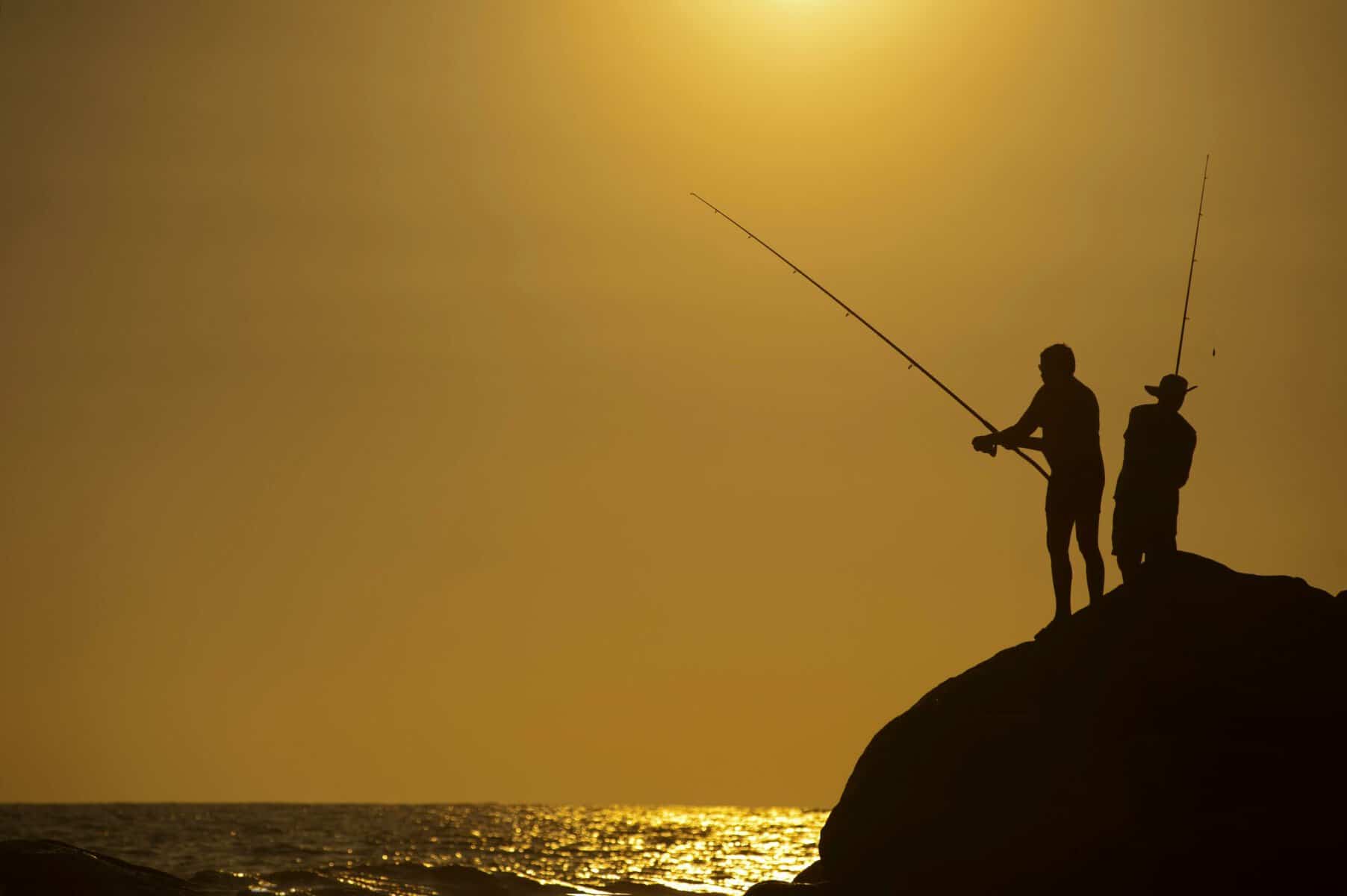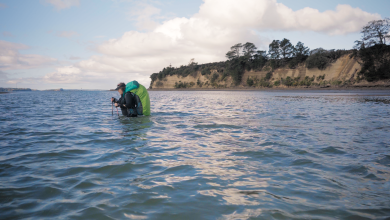
Fish & Game welcomes a new charter to improve access to public conservation land for fishing and hunting.
Whether it’s enjoying the great outdoors or simply the pleasure of catching a fish on your line, angling has benefits far deeper than just netting a big one, according to new research released today.
The Fish & Game New Zealand study, a collaboration with Dr Shyamala Nada-Raja from Va’a o Tautai – Centre for Pacific Health (University of Otago), and medical student Iritana Bennett-Fakahau, delves into the link between trout fishing and wellbeing.
The research found angling prompted feelings of happiness, helped connection with self, others, nature and place, and allowed a break from stress. It also created opportunities for different generations of family to come together and learn from each other.
Fish & Game New Zealand Chief Executive Officer Corina Jordan said the benefits of angling didn’t surprise her but it was great to have some New Zealand-focussed research to back up experiences.
“This small exploratory study addressed a gap in research and we are now working on a large scale survey with anglers across the country.

“We know from international studies there are positive impacts of fishing for people with post-traumatic stress disorder, and more generally for reducing stress and improving overall health, and we needed to know what the New Zealand experience was.
“This study was of regular Kiwi anglers doing what they love, and explored what drives them and what they get out of it. It’s a popular activity for many reasons as shown by these interviews with anglers.
“I do think that this is something the health system in New Zealand could draw on – in the United Kingdom, the National Health Service (NHS) funds patients to go fishing.”
Nada-Raja, a wellbeing and suicide prevention researcher, said the study could support treatment options.
“Some people who might not go see a couselllor or use a telehealth service may consider heading out to a river for a couple of hours. It is also an inexpensive option with other fitness and health benefits.

“The opportunities that nature-based therapies for mental health offer are many and need to be explored further.
Bennett-Fakahau said the study showed potential particularly for Māori and Pacifika peoples.
“Being out in nature helps people connect with their wairua (spirit) and emphasises to me the importance of options like this for Māori and Pacific people who need some support with their mental health.”
About 150,000 fishing licences are sold during a fishing season and anglers collectively spend nearly 1 million days fishing in the country’s rivers, streams, and lakes.
Published in Kotuitui: New Zealand Journal of Social Sciences Online, the study was based on in-depth interviews with seven men and two women anglers, who shared benefits including connecting with others.
As one respondant said:
“The benefit [of trout fishing] is you’re not thinking ‘oh, I’ve got rent to pay, we’ve got you know, work stuff going on, or emails to attend to’ or the logistics of life that just seem to build and build and build … I guess the trout fishing experience can be so immersive that there’s no space to think about those things or those things are just pushed out.”
The anglers had various theories about why being out in the wild with a rod was so good for their wellbeing, and one respondent felt it was a historic connection to the natural world when we were hunter gatherers.
This study marks the first stage of a larger scale wellbeing research initiative by Fish & Game. In March, Fish & Game conducted New Zealand’s first angler wellbeing survey, with results from that research expected later this year.







